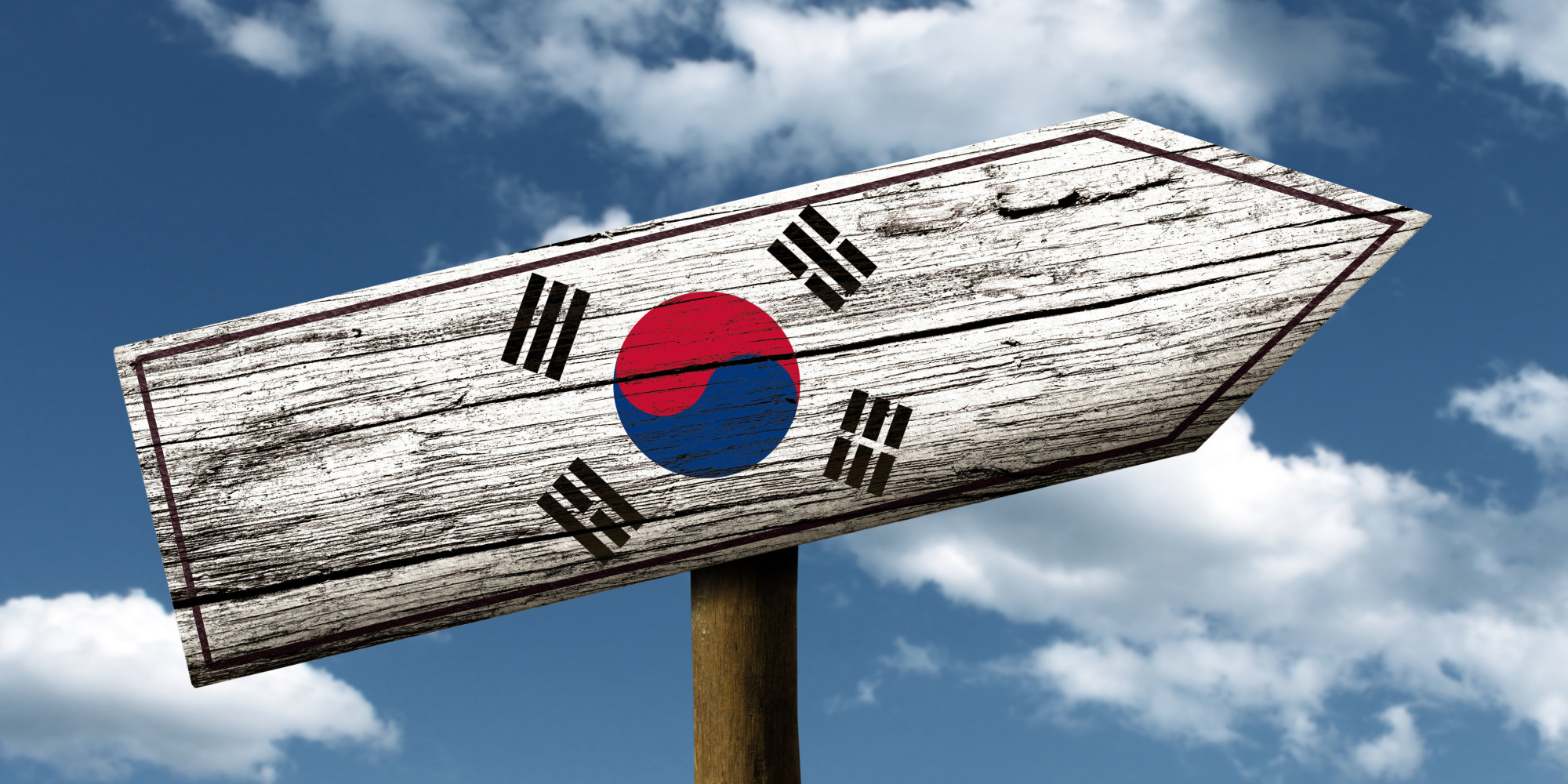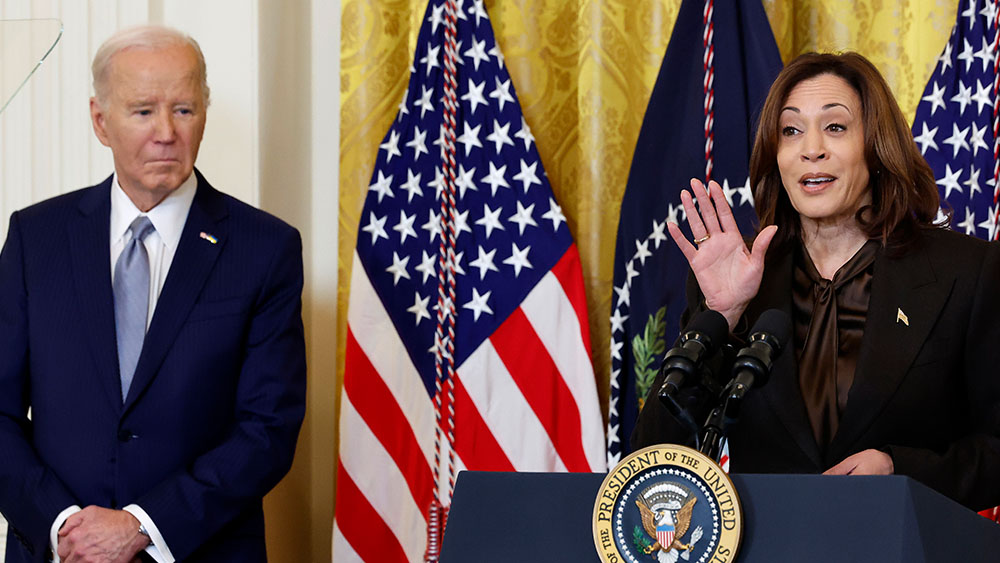
- South Korea’s impeached former President Yoon Suk Yeol was arrested after a dramatic raid involving over 1,000 officers breaching his residence.
- Yoon faces allegations of insurrection and abuse of power for declaring martial law, which critics claim was an attempt to cling to power.
- Investigators have 48 hours to question Yoon before seeking a warrant to detain him for up to 20 days; he could face life imprisonment or the death penalty if convicted.
- The Constitutional Court is deliberating whether to uphold Yoon’s impeachment, with a ruling expected as early as February.
- Yoon’s arrest has deepened political divisions in South Korea, with clashes between pro- and anti-Yoon groups and strained international relations.
South Korea’s impeached former President Yoon Suk Yeol was arrested Tuesday after investigators scaled walls, cut through barbed wire, and overcame barricades to take him into custody. The dramatic arrest marks the first time a sitting South Korean president has been detained, as Yoon faces allegations of insurrection and abuse of power stemming from his controversial martial law declaration on December 3. The move plunged the nation into political turmoil, leading to his impeachment and suspension from office.
Yoon, 64, is now being questioned by the Corruption Investigation Office for High-Ranking Officials (CIO) over his decision to declare martial law, which he claimed was necessary to protect the country from “anti-state” forces. However, critics argue the move was a desperate attempt to cling to power amid mounting political opposition. Investigators can hold Yoon for up to 48 hours before seeking a new warrant to detain him for up to 20 days. If convicted of insurrection—one of the few crimes South Korean presidents are not immune from—he could face life imprisonment or even the death penalty.
A dramatic arrest amid political chaos
The arrest followed weeks of tension between Yoon’s security team and law enforcement. Earlier this month, investigators were blocked by soldiers and presidential guards during their first attempt to detain him. This time, however, a team of over 1,000 officers armed with ladders and bolt cutters breached the compound’s defenses, scaling walls and hiking nearby trails to reach Yoon’s residence in central Seoul.
In a three-minute video released just before his arrest, Yoon claimed he was cooperating to “prevent any unsavory bloodshed” but maintained the investigation was illegal. “I decided to appear before the CIO, even though it is an illegal investigation,” he said, accusing officials of invading his home’s security perimeter. Despite his defiance, Yoon has remained silent during questioning, according to investigators.
Martial law and abuse of power
Yoon’s martial law declaration on December 3 shocked the nation and sparked widespread condemnation. He claimed the move was necessary to combat election fraud and protect South Korea from North Korean sympathizers, but critics dismissed these claims as baseless. The National Election Commission has repeatedly denied allegations of fraud, calling the election system transparent and secure.
The declaration led to a swift backlash, with lawmakers climbing fences and breaking barricades to enter the National Assembly and vote down the order. On December 14, parliament voted overwhelmingly to impeach Yoon, suspending him from office. Finance Minister Choi Sang-mok is currently serving as acting president.
What’s next for Yoon?
The clock is ticking for investigators, who have 48 hours to question Yoon before seeking a new warrant to extend his detention. If granted, they can hold him for up to 20 days while preparing for trial. Yoon is expected to be held at the Seoul Detention Center, where other high-profile figures, including former President Park Geun-hye, have been detained.
Meanwhile, the Constitutional Court is deliberating whether to uphold Yoon’s impeachment and permanently remove him from office. A ruling could come as early as February. The court’s decision will determine whether Yoon’s political career is over or if he could potentially return to power.
A nation divided
Yoon’s arrest has deepened the political divide in South Korea, with pro-Yoon supporters and anti-Yoon protesters clashing outside his residence and the CIO offices. Supporters of the former president waved South Korean and American flags, echoing his unsubstantiated claims of election fraud. In contrast, anti-Yoon crowds celebrated his arrest, viewing it as a victory for democracy and the rule of law.
The political saga has also strained South Korea’s relationships with key allies. The U.S. has expressed its commitment to working with Seoul, while Japan is monitoring the situation with “serious interest.”
As Yoon faces questioning and the nation awaits the Constitutional Court’s decision, South Korea remains gripped by uncertainty. The dramatic events of recent weeks have underscored the fragility of democracy and the consequences of unchecked power. For now, the fate of Yoon Suk Yeol—and the future of South Korea—hangs in the balance.
Yoon Suk Yeol’s arrest marks a pivotal moment in South Korea’s political history, highlighting the consequences of abuse of power and the resilience of democratic institutions. As the nation grapples with deepening divisions, the coming weeks will determine whether justice prevails—or whether the political turmoil will further destabilize one of Asia’s most vibrant democracies.
Sources for this article include:
Please contact us for more information.
















